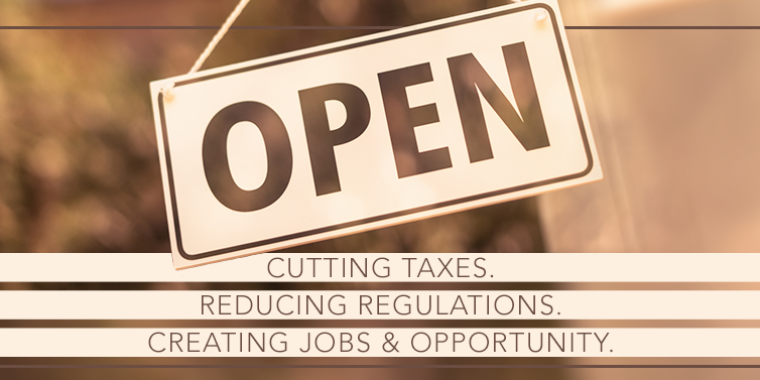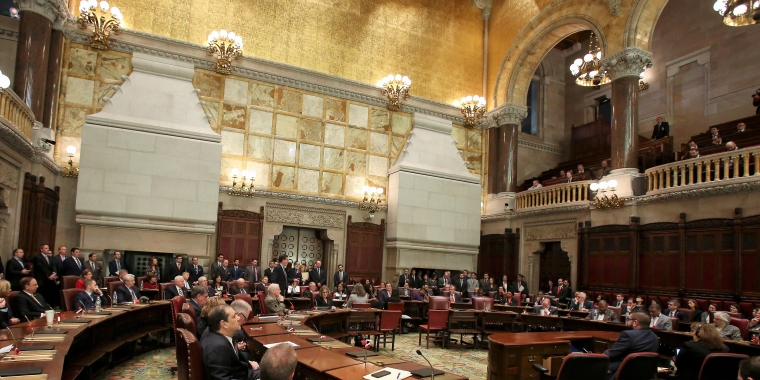
Senator Flanagan's Legislation To Protect Taxpayers From Cost Of Acts Of Vandalism Passes Senate
John J. Flanagan
March 7, 2012
-
ISSUE:
- Crime
In an effort to protect local governments and taxpayers, Senator John Flanagan (2nd Senate District) recently announced that the Senate has passed his legislation requiring criminals to "pay up" for acts of vandalism against public property. The bill, which is now in the Assembly awaiting further action, would make those convicted of vandalizing public property responsible for covering the cost of their crime.
Under Senator Flanagan’s legislation, acts of criminal mischief, graffiti and arson committed against a municipality would require restitution as part of any sentence ordered by a court. The bill would apply to damaged or destroyed property of all public entities, including New York State, counties, cities, towns, villages, school districts, library districts, fire districts, water or sewer districts or any other political subdivision within the territorial limits of the State of New York.
The mandatory order of restitution would be limited to the amount of funds reasonably spent, or expected to be spent, to repair, rehabilitate or clean-up a site.
In the past several years, crimes against school district property as well as other local municipalities have been in the news on a regular basis and the cost has consistently been the responsibility of the taxpayers. From the vandalism of windows at the Pulaski Road School in July and August of 2011 to the graffiti at numerous other schools in the region, the need to protect taxpayers from the cost of this type of criminal activity has been made clear.
“The reality is that when crimes are committed against public entities that rely on funding provided by the residents they serve, the taxpayers in the area are the real victims. This legislation would take the burden off the shoulders of the law-abiding homeowner, family and store owner and place it squarely on the shoulders of the person most responsible – the criminal,” stated Senator Flanagan. “It is a common-sense approach to a growing problem and something that in these tough economic times is fair and necessary."


